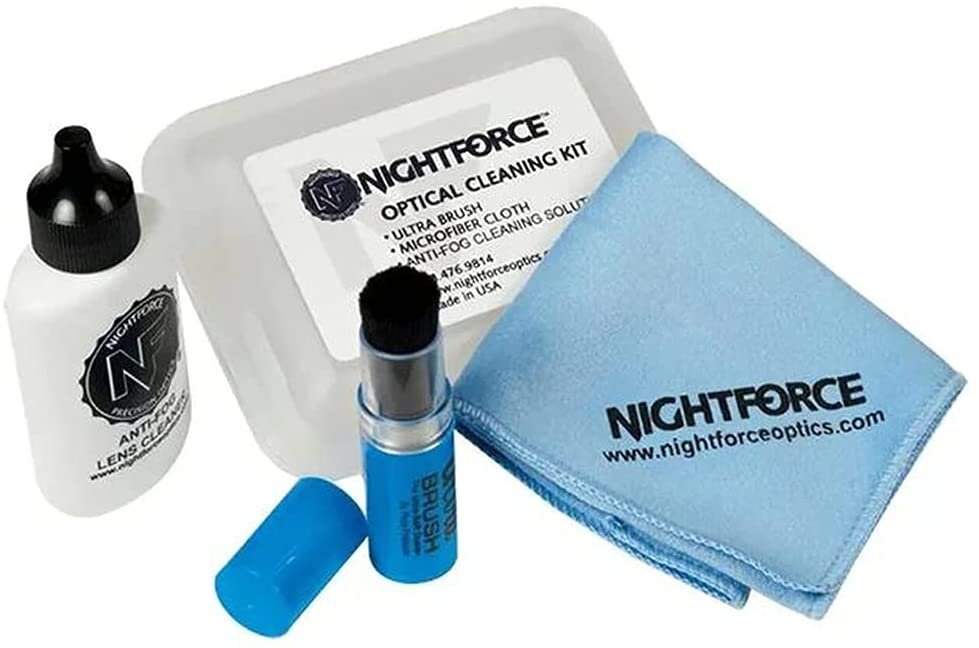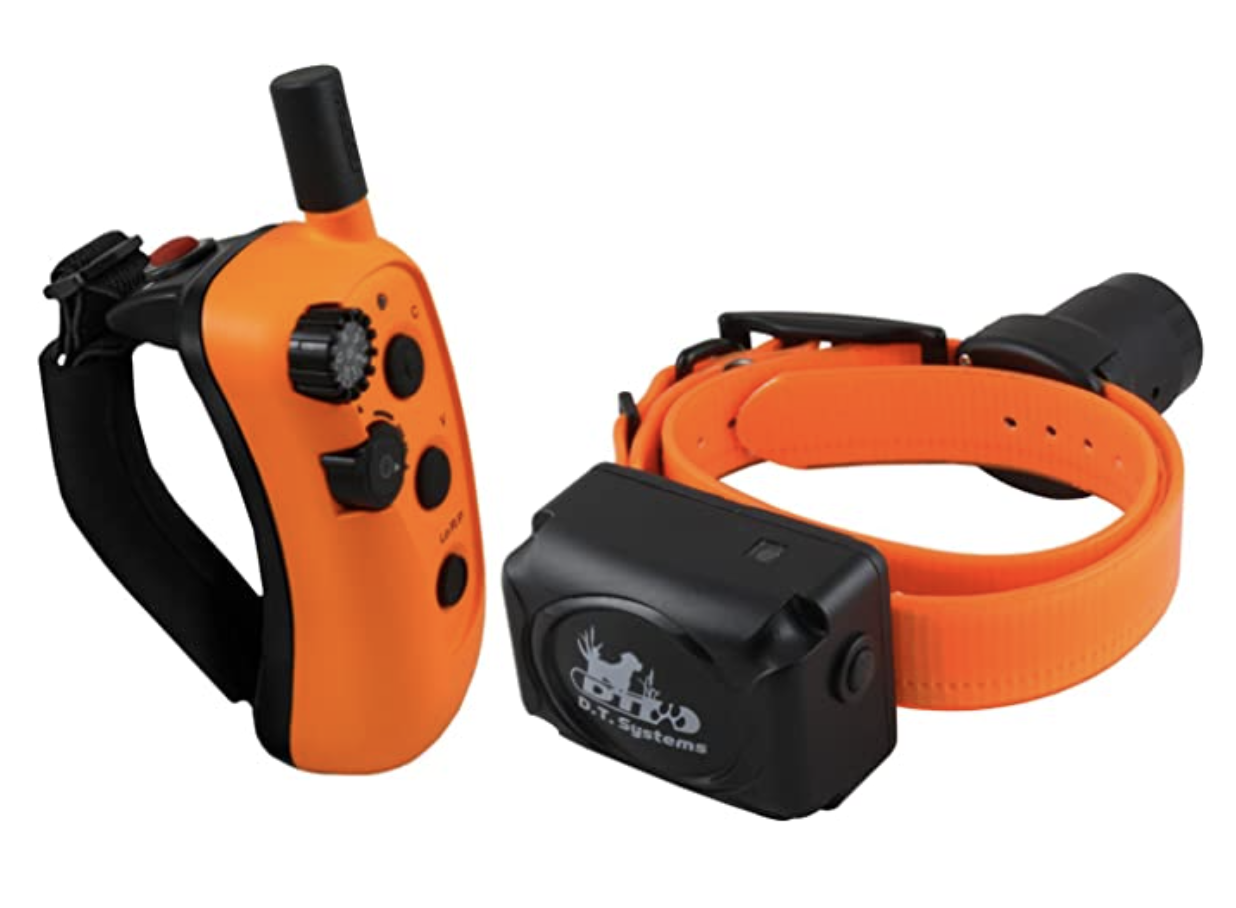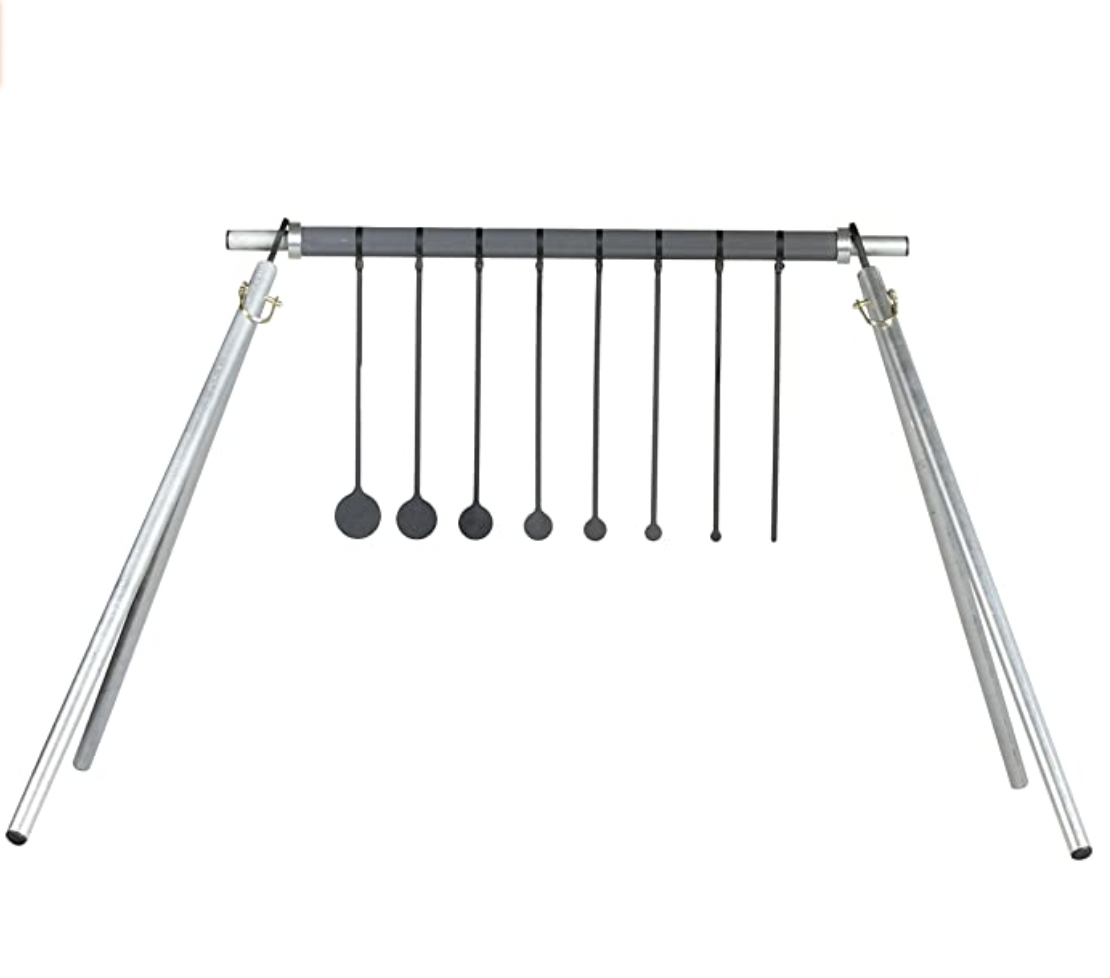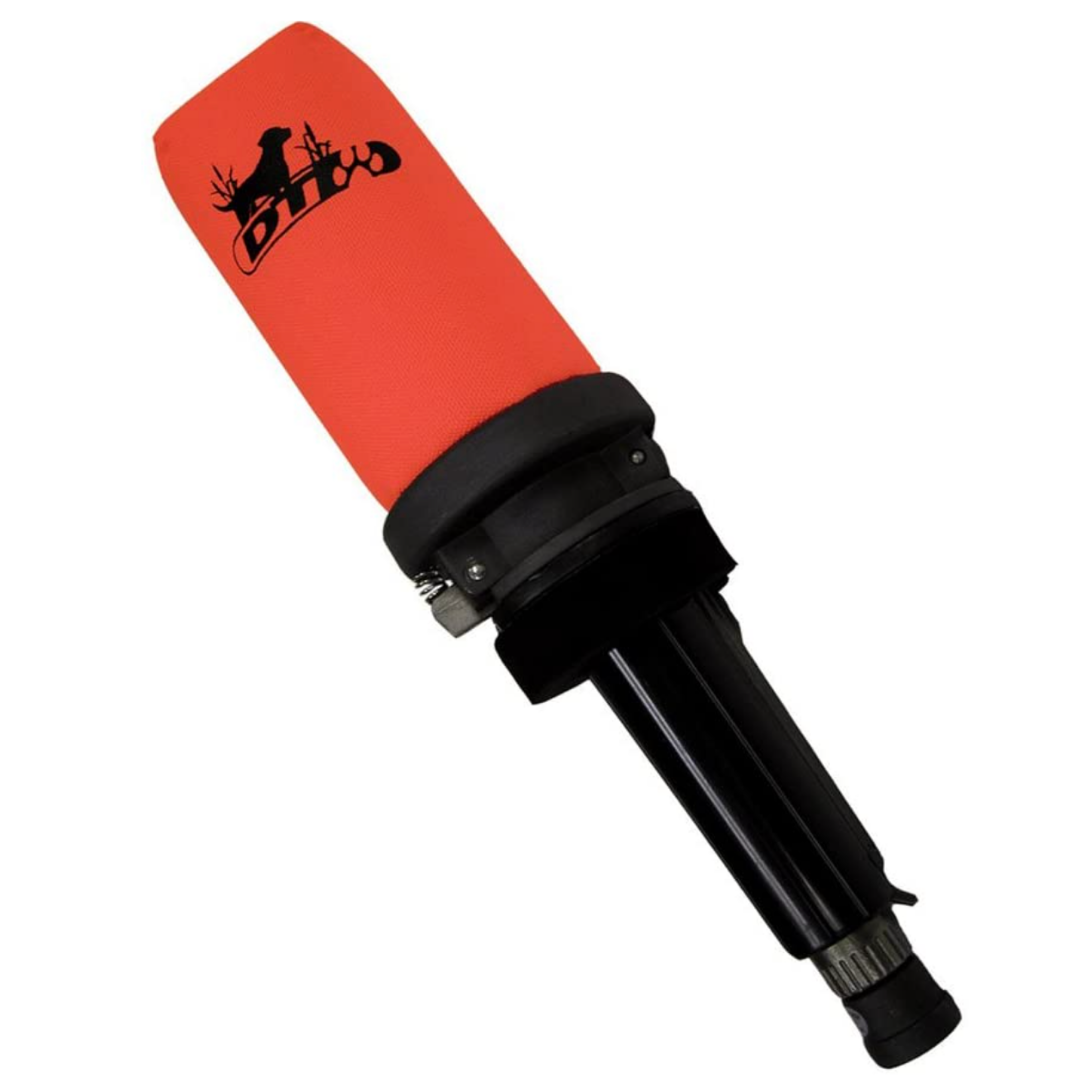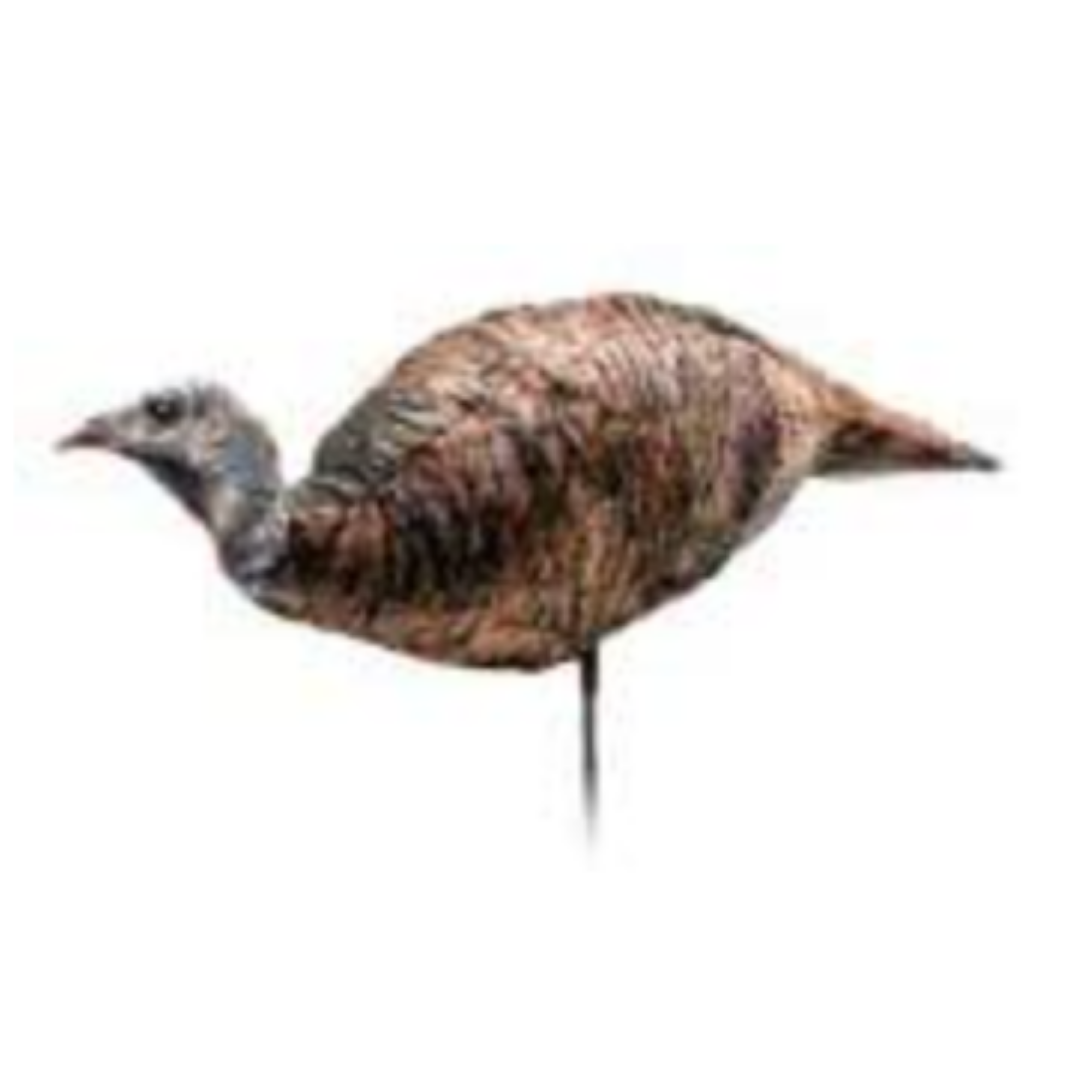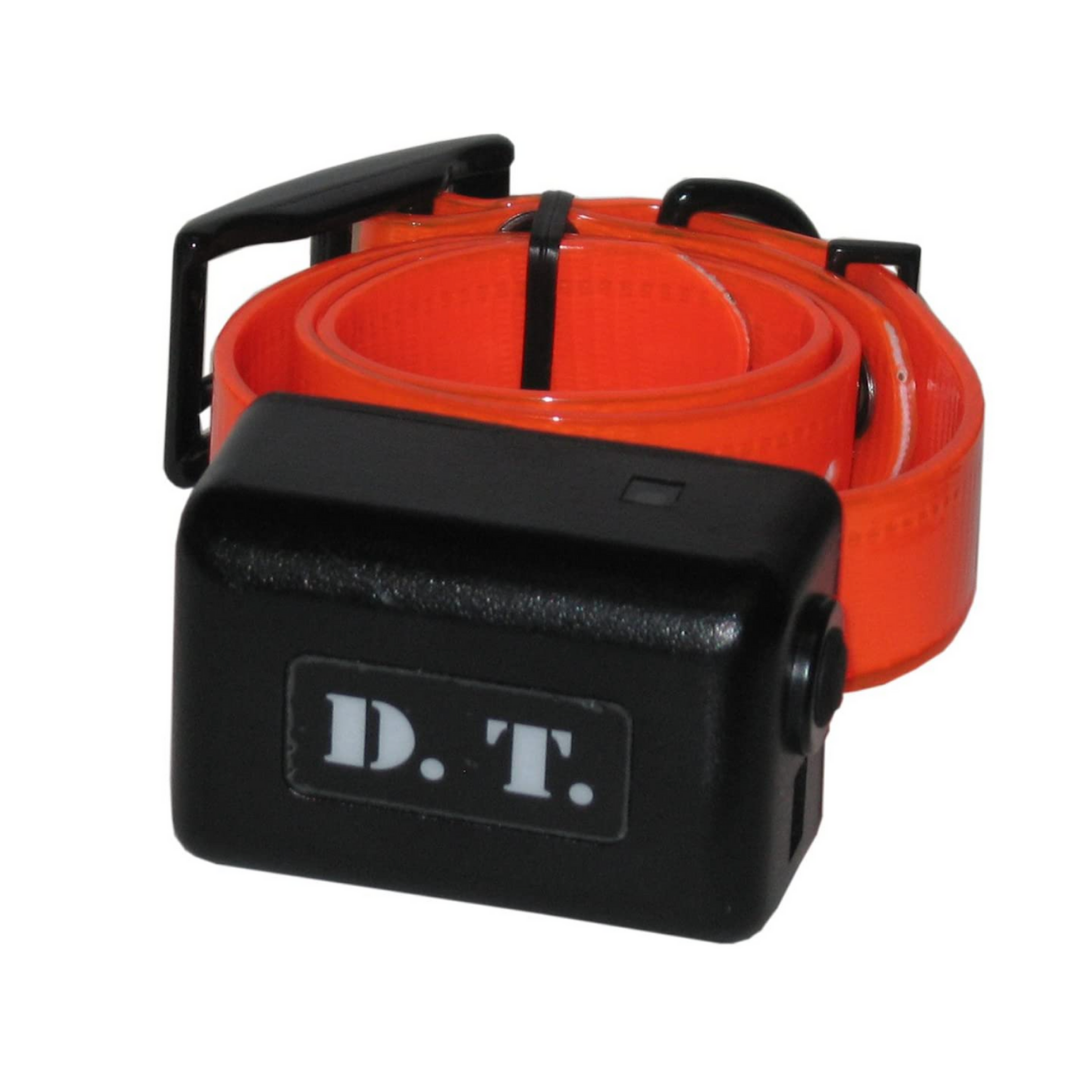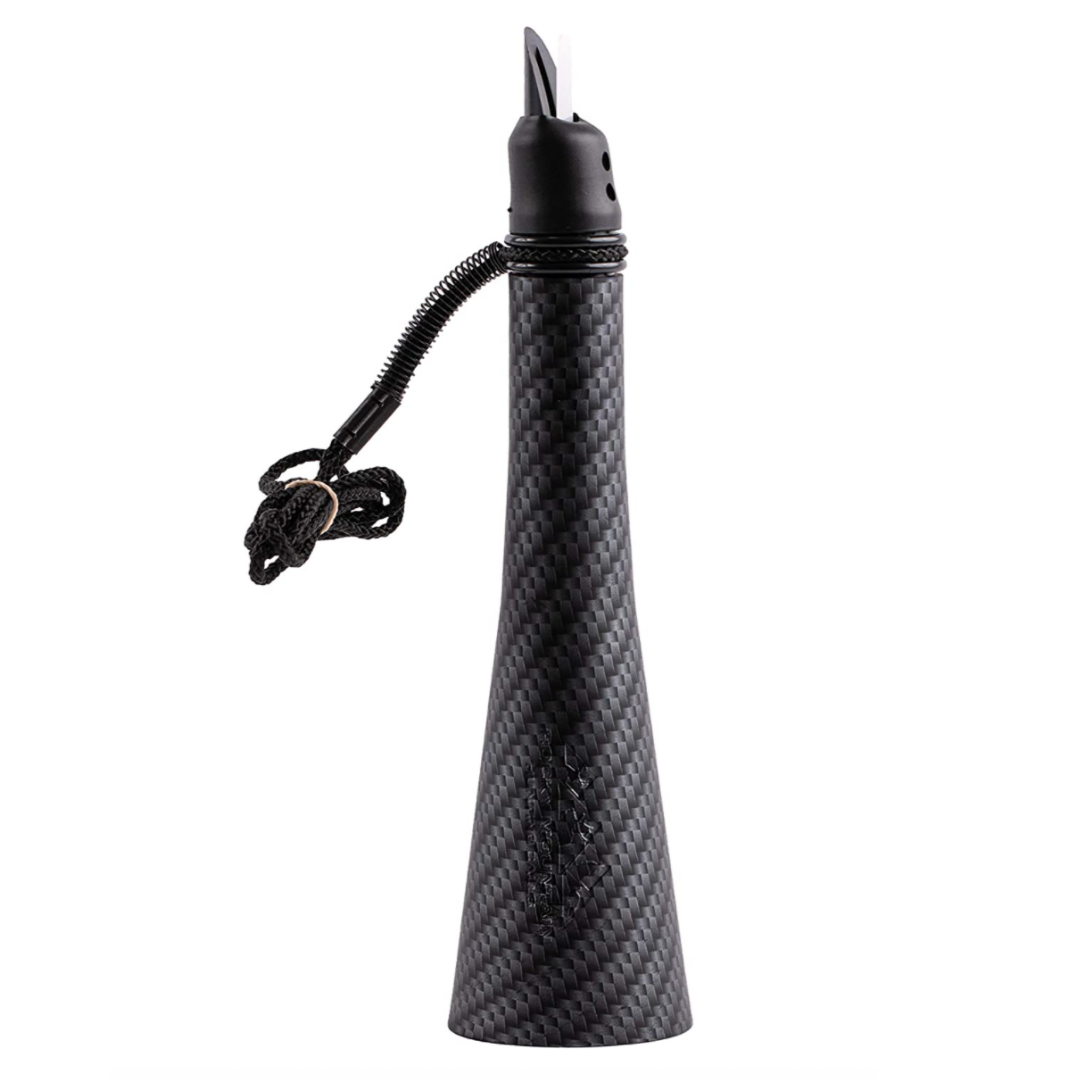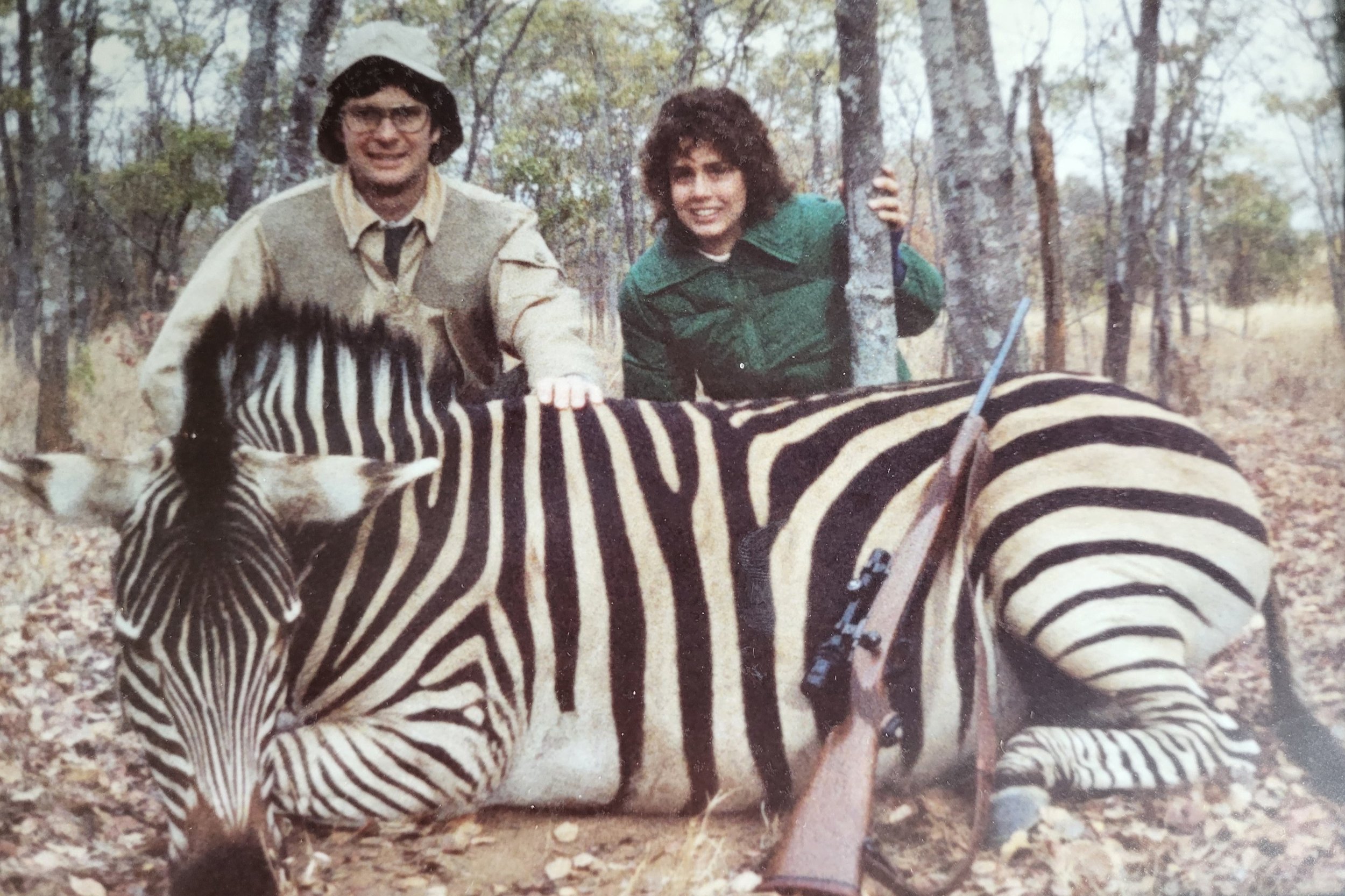You Don’t Have to Marry Your Hunting Partner (But Choose as if You Might)
Levi Duncan and Mark Kayser battle a snowstorm in the backcountry on a DIY archery elk huntChoosing a hunting partner is a lot like choosing a marriage partner. Both could end in divorce. Or bliss.
Yes, a hunting partnership can be as challenging as any marriage. Pick the wrong person and you will fight frustration, delays, setbacks — or abandonment when the going gets tough.
On the other hand, the right partner will buoy your spirits, augment your knowledge, and help carry your load.
You may not be ready to file for divorce from your current hunting partner, but an honest reassessment might be in order. Could he or she be better? More reliable? Have there been times when you wish he or she just would not show up? Or have they already not shown up on schedule, costing you valuable hunting time? Or does this describe you? We all should take a hard look at ourselves as hunting partners, too.
Here is a sampling of situations I have come across over the years. You might want to compile a checklist on your partner, too.
Greg Gilman and Mark with Kayser's Kansas giantLOW BANK ACCOUNT
I am a cheapskate (although I prefer the term “frugal”) but when it comes to upgrading my gear, fueling the truck, buying lunch, or even paying for an emergency motel room, I cough it up. You have to pay to play. Does your hunting partner? Will she open her purse to contribute her fair share?
It’s only fair that each hunting partner pays half of the shared expenses. But balance this out. If they pull a camper high into the mountains, you should offer to pay for the extra fuel it took to tow the monstrosity. Or pay for all the fuel needed to launch daily hunts from camp. Do something to balance the books and maintain peace in the “family.”
Each hunting scenario will differ, but weigh all expenses and split them as evenly as possible to avoid hidden heartache. Splitting the bill equals a great hunting partner. So does sharing the meat.
Two people can easily butcher and pack a large animal like an elk or a deerLACK OF GEAR
A Saturday afternoon of squirrel hunting requires little in gear. I would not hesitate to outfit my partner with a camouflage face mask or squirrel call or even loan him a 22 rimfire for a first-time hunt. But if he expects me to outfit him head-to-toe for a DIY public land elk hunt in the backcountry… That’s not a partner. That’s a mooch.
Vet your hunting partners to ensure they can be equal team members, especially when the going gets rough and requires specialized gear. Maybe you provide the decoys and GPS, he provides the emergency satellite phone. Discuss the gear needs, quantify the costs, and arrive at an equitable distribution.. If they do not have the right equipment it could lead to shortened hunts or even emergency situations in a bad setting.
Several times I have ventured into the backcountry only to discover my hunting partner did not have first aid, foot care items, basic survival gear and even a pack good enough to haul elk meat. On one occasion I had to babysit a former hunting partner and even tape his feet to care for the horrible blisters he was acquiring on our ascent. Needless to say, he no longer joins me on those steep hunts.
LAND ACCESS INTEGRITY
One of the reasons I enjoy hooking up with other hunters is to find new land. But then I have to share my spots, too. DIY hunting should be given and take, not take and take. You show a hunting partner a new property, then he reciprocates. You can’t always match the productivity of areas, but you should try. It’s no fun being taken to your partner’s “secret spot” only to discover it’s the same overrun public hunting ground you gave up years before.
Worse than this is discovering — weeks later — that your partner is hunting the secret spot you’d shared with him. And worse than that is discovering he’s brought someone else along! This is the cardinal sin. Anyone who hunts with me knows I stress “mum is the word” about all hunting areas I share. It is nearly impossible to get on private land these days without handing over cash. Public land is oftentimes choked with weekend warriors. Finding a property that is worthy of hunting and sees relatively little pressure is as rare today as a truthful politician. Make sure your partner understands that you expect all locations to be kept secret between the two of you.
LACK OF PHYSICAL FITNESS
It does not take much to amaze me. That noted I am constantly amazed by the number of hunters who simply are not in shape. They march off as if they can summit Mount Everest, but quickly fade. So evaluate carefully and early. I do hunt with a few folks who are packing extra pounds, but they can still race through the country like Usain Bolt. So I don’t judge every book by its cover. Nevertheless, if the cover looks questionable, I “read” the first chapter with some off-season hiking, biking or other high-energy, endurance work. It is easier to divorce a potential partner than to perform CPR in the field.
Remember these stats: According to the U.S. Department of Health and Human Services, less than five percent of adults participate in 30 minutes of physical activity each day. Only one in three adults receives the recommended amount of physical activity each week. More than 80 percent of adults do not meet the guidelines for muscle building and aerobic activities. Those facts suggest you “kick the tires” and choose your would-be hunting partner carefully.
Vet your hunting partners to ensure they can handle the extremes when the going gets toughBUY NOW
LACK OF ETHICS
You can sometimes work around a hunting partner short on common sense, but one with poor ethics is a real problem. It could put you in jail, even cost you your hunting privileges.
The law is the law, but ethics and morals often fall into that so-called “gray area.” Oftentimes an ethical dilemma has a clear-cut answer, but others may see it differently. So, again, vet partners wisely.
Making an ethical judgment call is easier when you’re alone. Peer pressure can lead to debate, doubt, and impaired judgment. It’s always wise to discuss potential ethical issues well before your hunts. And know the law. At the very least your partner should know and agree to obey all game laws. Duh. And you should, too. If either of you is confused or has questions, refer to Boone and Crockett’s Fair Chase Statement. It reads as follows.
FAIR CHASE, as defined by the Boone and Crockett Club, is the ethical, sportsmanlike, and lawful pursuit and taking of any free-ranging wild, native North American big game animal in a manner that does not give the hunter an improper advantage over such animals.
Wow. That’s pretty broad. Cell phone communication while stalking? Aerial reconnaissance with a camera drone? Electronic scopes connected to a laser rangefinder? Scopes on muzzleloaders during a “primitive weapon” season? Motoring to get ahead of a traveling herd? Cutting across a narrow strip or fence corner of private land to save a five mile hike? There seems an endless number of ethical situations. Discuss them freely and often and you’ll soon determine whether your partnership is worth keeping.
Truly, choosing a hunting partner is a tricky and delicate business. To avoid a messy divorce — or worse — test the waters extensively before diving in with a full commitment to a new hunting partner.
Levi Duncan, left and author Mark Kayser celebrate Duncan's Montana success in 2019For more about Mark Kayser and ways to follow him on social media, visit www.markkayser.com.
CONTACT INFORMATION
Mark Kayser Hunting Lifestyle www.markkayser.com
HuntStand Hunting App and Map Printing www.huntstand.com
ALPS OutdoorZ Commander X + Pack www.alpsbrands.com/alpsoutdoorz
Cabela’s Hunting Camp Headquarters www.cabelas.com










